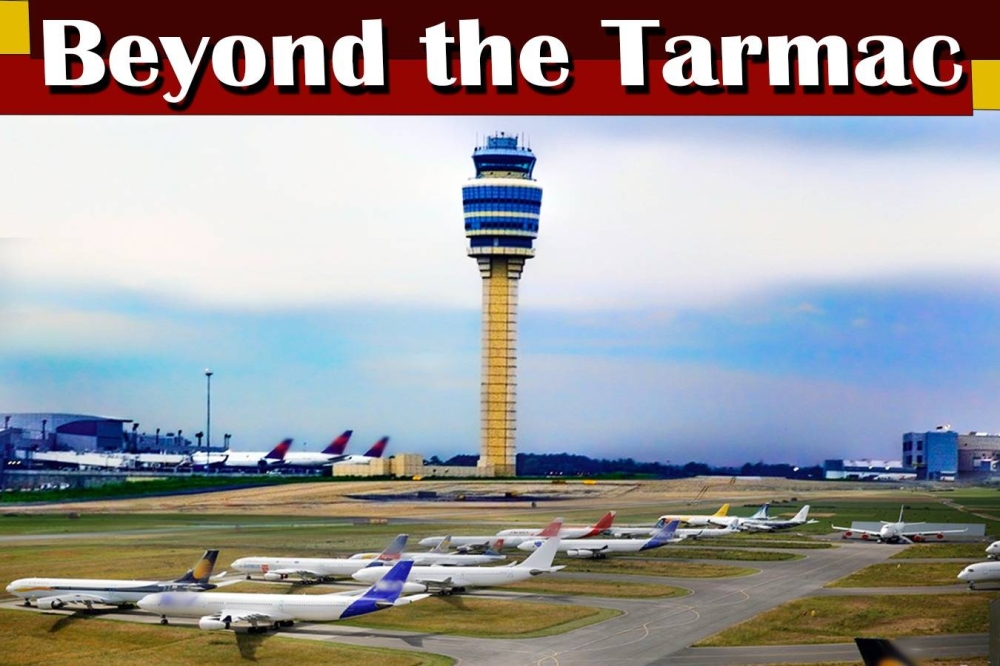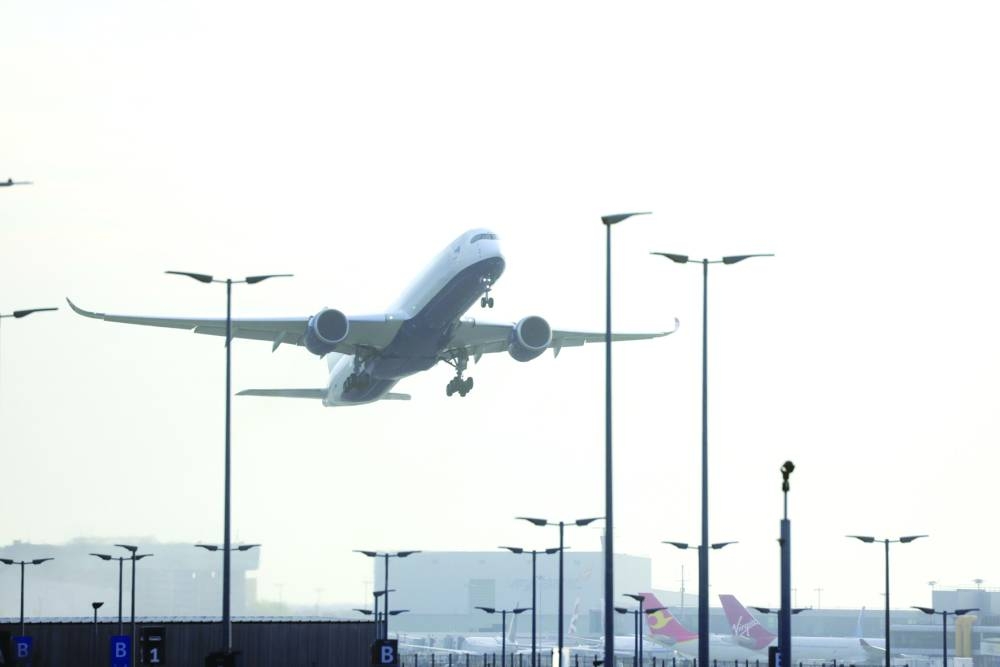
When a significant portion of their revenue is locked in a foreign country, it limits their ability to cover operational expenses, invest in new equipment, or expand their services.
When funds are blocked, airlines find themselves in a financial bind, especially if they are unable to convert their earnings into a usable currency. This leads to reduced profitability, delayed payments to suppliers, and difficulties in meeting financial obligations.
Blocked funds hinder an airline's ability to maintain and upgrade its fleet. This results in delayed maintenance schedules, reduced safety margins, and decreased competitiveness in terms of service quality.
Without access to their earnings, airlines may find it challenging to invest in new routes, purchase additional aircraft, or expand their services in the affected countries. This limits their ability to tap into potentially lucrative markets.
The global body of airlines – IATA has seriously taken up the issue, which reached a critical point in the Middle East and Africa region.
“We have worked to help clear $2.5bn in blocked funds over the last year. There is always more work to do. Today six countries in the region - Algeria, Egypt, Lebanon, Libya, Sudan and Yemen are collectively holding on to over $500mn of airline revenues that must be processed for repatriation,” noted IATA’s Director General Willie Walsh at the 56th AGM of Arab Air Carrier’s Organisation (AACO) in Saudi Arabia recently.
He said IATA and AACO are “partners in supporting the development of air connectivity” in the Middle East and North Africa (Mena) region.
“We work together and have always found great strength in partnership through far too many crises,” Walsh said.
The IATA chief also said safety is a key issue for the global airline industry.
He said the region is tracking (in the first half of 2023) at 1.2 accidents per million flights—slightly higher than the global average but is tracking towards an improvement on the region’s full year 2022 performance which was 1.3 accidents per million flights.
Aviation is incredibly safe. And the performance of the region’s carriers is no exception. The goal must always to be to improve. And at these very high levels of safety performance, the best way to improve performance is through detailed data analysis.
“With your help we are creating the world’s most comprehensive database for aviation safety through our Global Aviation Data Management (GADM) initiative. We don’t yet have a comprehensive picture of the Mena region due to limited contribution by airlines from this region.
But by contributing, you’ll enable us to have the complete picture of safety performance and that in turn we enable you to analyse trends and events that may not yet be evident to you or highlight issues that appear specific to your area of operation.
“A good example of this data at work is our analysis of GPS signal loss. We have numerous reports from carriers operating in the region on GPS signal loss, which could potentially be a result of GPS jamming or GPS signal interference. Knowing this from contributed data is helping our work with ICAO and others in finding solutions,” Walsh noted.
Another huge challenge is decarbonising the aviation industry.
“But getting to net zero CO2 by 2050 will secure our future and that is a great opportunity—albeit not an easy one to achieve.
Once again, we can learn from Europe and the mistakes that they are making in this critical area. Suppressing growth and pricing flying to a point that is beyond the reach of the majority of Europeans, may appear an attractive option for the political elite in Brussels but it ignores the massive economic contribution that aviation makes and the opportunity that aviation represents in other parts of the world,” Walsh said.
He said IATA believes that it is possible and credible to decarbonise the industry while continuing to facilitate its growth and economic contribution.
“The various roadmaps that we published earlier this year outlining the path to net zero, confirm our longstanding assumption that Sustainable Aviation Fuels (SAF) will be the major contributor to the industry’s decarbonisation. We estimate that SAF will account for about 62% of the decarbonisation that we will need,” Walsh said.


